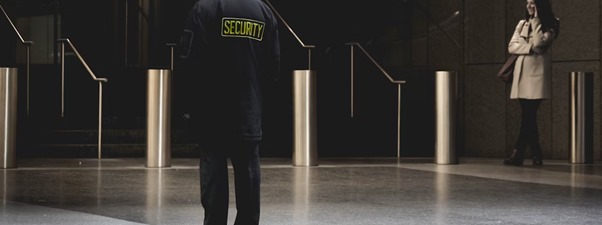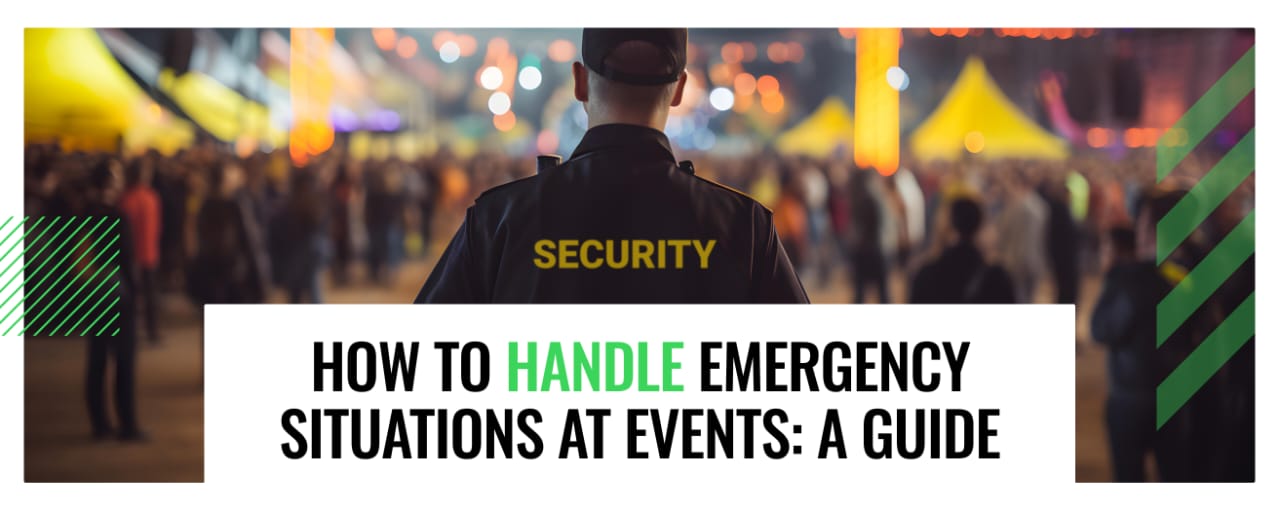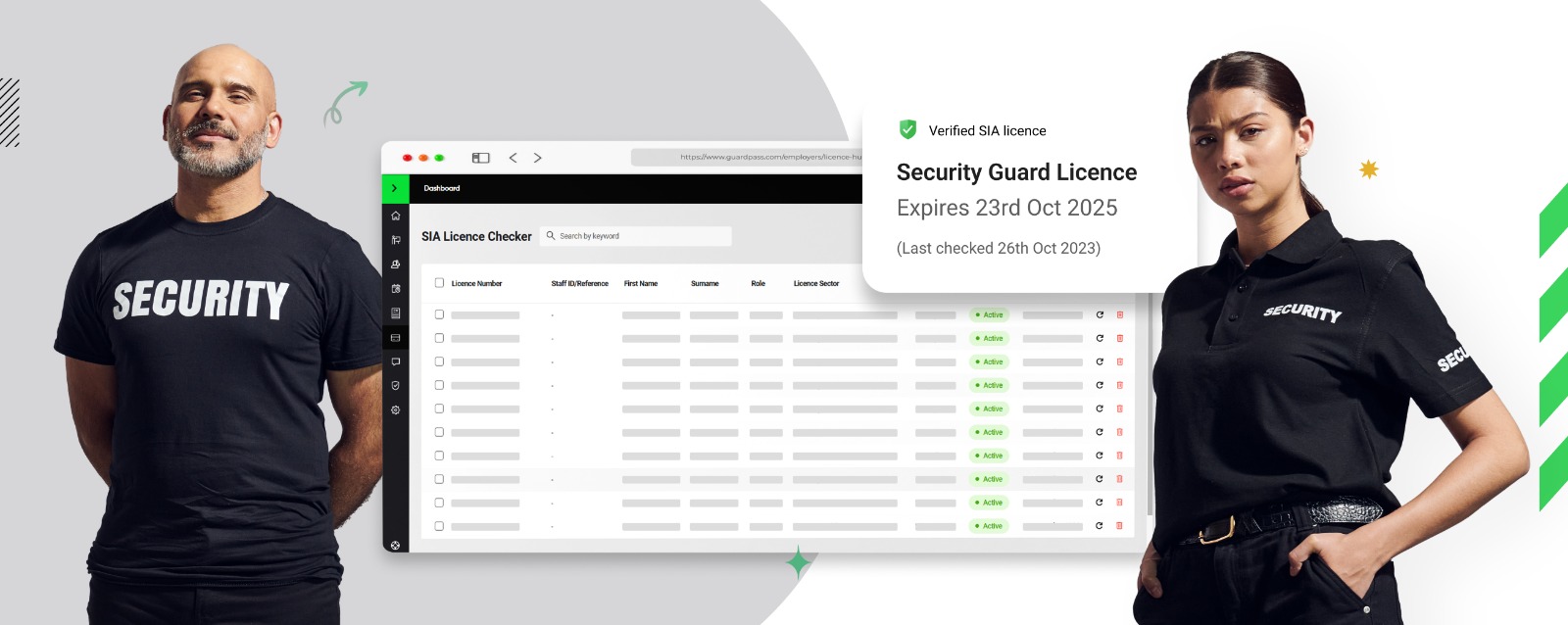Walking into an unknown dark room, you instinctively search for a light switch. It’s about feeling in control, isn’t it? Now, imagine you’re in charge of an event. Just as you needed that switch, you need an emergency plan—because knowing how to quickly light up the situation keeps everyone safe.
Smooth events aren’t just good fortune; they’re well-planned. Behind that seamless experience is a solid emergency strategy, ready to tackle any surprises.
Got the basics down? Great! Let’s move on to exploring some essential strategies that can help you tackle emergencies head-on and ensure your event goes off without a hitch
Assessing and Considering Key Risks

Start by considering the risks unique to your event.
✅ Are you hosting outdoors and subject to the whims of unpredictable weather?
✅ Are there structural concerns with your venue?
✅ Is your event layout designed to handle large crowds without bottlenecks, especially near exits and emergency routes?
✅ Have you checked the security measures for restricted areas to ensure only authorised personnel can access sensitive locations?
✅ Are your security teams prepared for potential threats like unauthorised access or disturbances during the event?
✅ Do you have a system in place for quickly communicating with law enforcement in case a serious security issue arises?
✅ Do your security plans include using CCTV to keep an eye on the crowd and spot any odd behaviour?
✅ Are you all set with procedures for checking bags and packages to keep out anything dangerous?
✅ What about the lighting and security rounds in parking lots and hidden corners—are they bright and frequent enough to ward off trouble?
✅ Lastly, if something serious pops up, do you have a quick plan for locking down the venue and getting everyone out safely?
Every event is different, with its own unique challenges—whether it’s a fire, security threats, or even potential terror risks. It’s crucial to tailor your planning to address each specific scenario.
Develop your emergency plan

Think of your emergency plan as a roadmap; every step is foundational to the integrity of the whole structure.Here’s how you can get started:
✅ Map Out the Emergencies: List down scenarios from the most likely to the least likely but potentially devastating. This isn’t just about ticking boxes; it’s about being as thorough as possible.
✅ Emergency Procedures: What do you do when there’s a fire? What if severe weather strikes? Having clear procedures for different scenarios ensures everyone knows what to do without panic.
✅ Roles and Responsibilities: Assign emergency roles clearly. Who is in charge of evacuations? Who communicates with emergency services? Ensure everyone knows their role—confusion during a crisis can be as dangerous as the crisis itself.
✅ Evacuation Plans: Ensure your evacuation routes are not just planned but also clear of obstructions. All exits should be well marked and accessible.
✅ Communication is Key: You need a reliable way to communicate with your team and attendees during an emergency. Consider multiple forms of communication, like public address systems and digital notifications.

Having a plan is step one. Roll out your plan in regular training sessions; it’s the best way to get everyone on the same page. Keep an eye on your communication equipment too; it needs to work flawlessly when you need it most.
After the Incident
Once the emergency is over, the real work begins. You need a thorough plan for what comes after. How did the incident affect the people at your event? How is everyone doing? Were there injuries, or are people shaken up? These are crucial questions. Start by assessing the wellbeing of everyone at the event—this includes both physical injuries and emotional distress.
Follow this up with a thorough debrief; what lessons can be learned? How effectively did your plan work? This reflection will help you tighten up any loose ends and better prepare for the future.
Conclusion
Managing emergencies at your events might sound intimidating, but it’s totally doable with a bit of savvy planning. When you know the risks and have a crystal-clear strategy, things start to feel a lot less overwhelming. So remember, it’s all about preparation, knowing your team, and having the right resources at your fingertips

Now, how about ensuring you have the best event security team at a moment’s notice? This is where GuardPass comes into play. Think of GuardPass as your digital backstage pass to securing top-tier security professionals quickly and efficiently. Why post traditional job ads and wait when you can access over 170,000 verified security experts ready to ensure your event runs smoothly?
GuardPass is your partner in event security. With features like video intros, automated SIA licence verification, and real-time messaging, you’re equipped to select the best without the stress. Plus, our CV search and instant job matching make it easy to find the right professionals fast.
So, why wait? Sign up for GuardPass today and transform the way you secure your events. Because when it comes to safety, being proactive is not just an option—it’s a necessity.
Estimated reading time: 5 minutes



